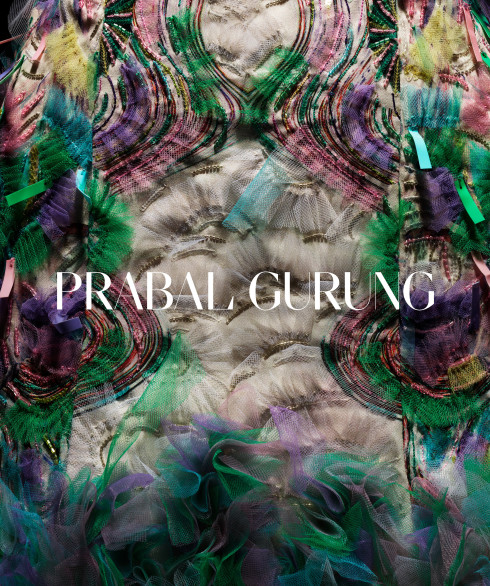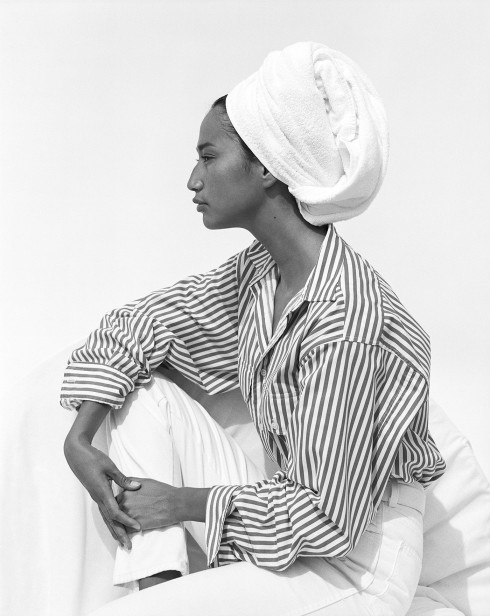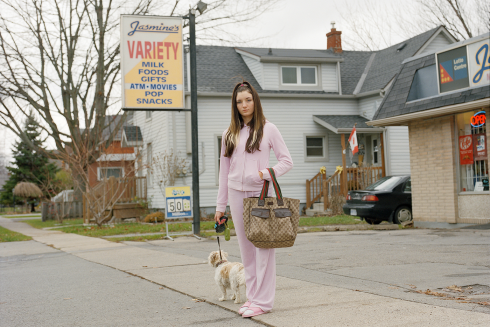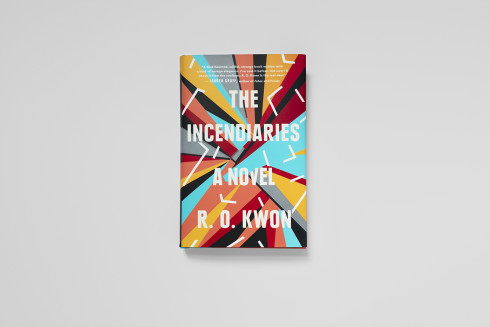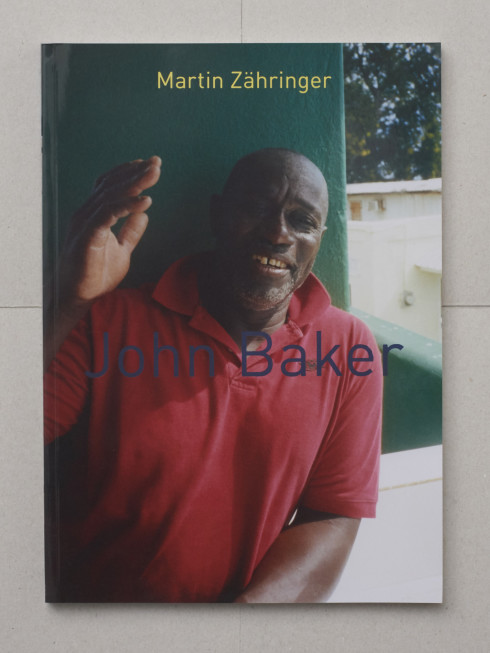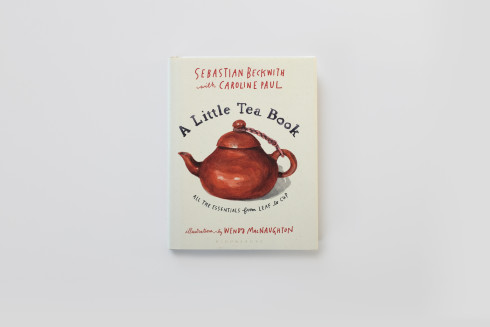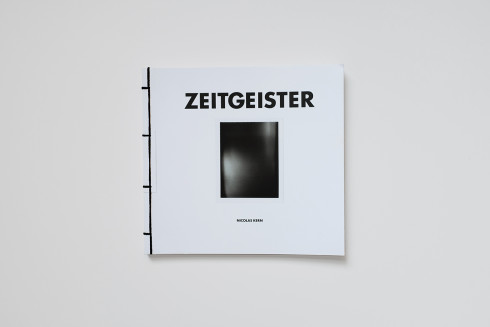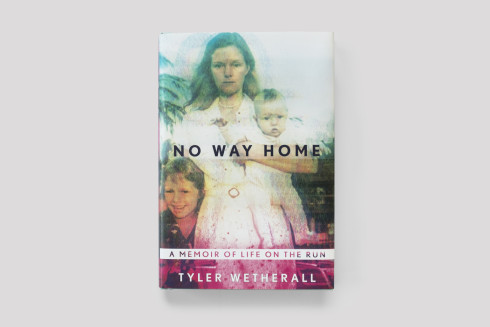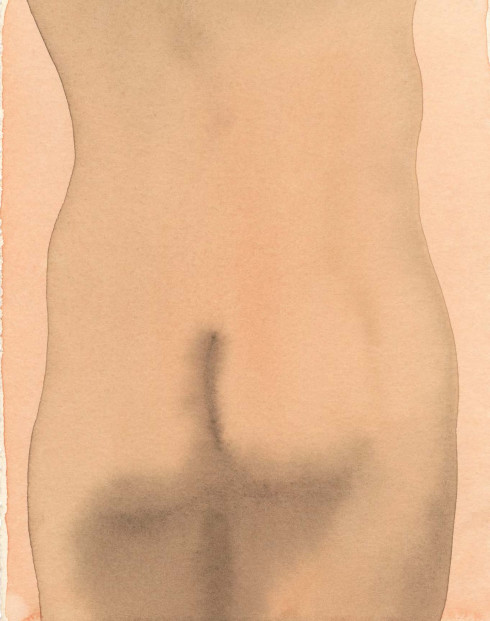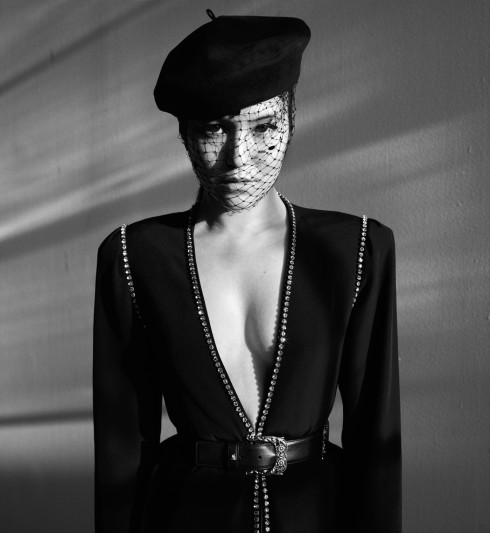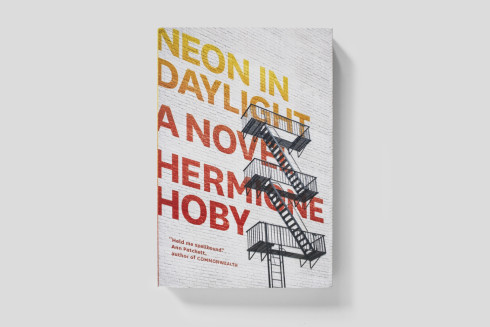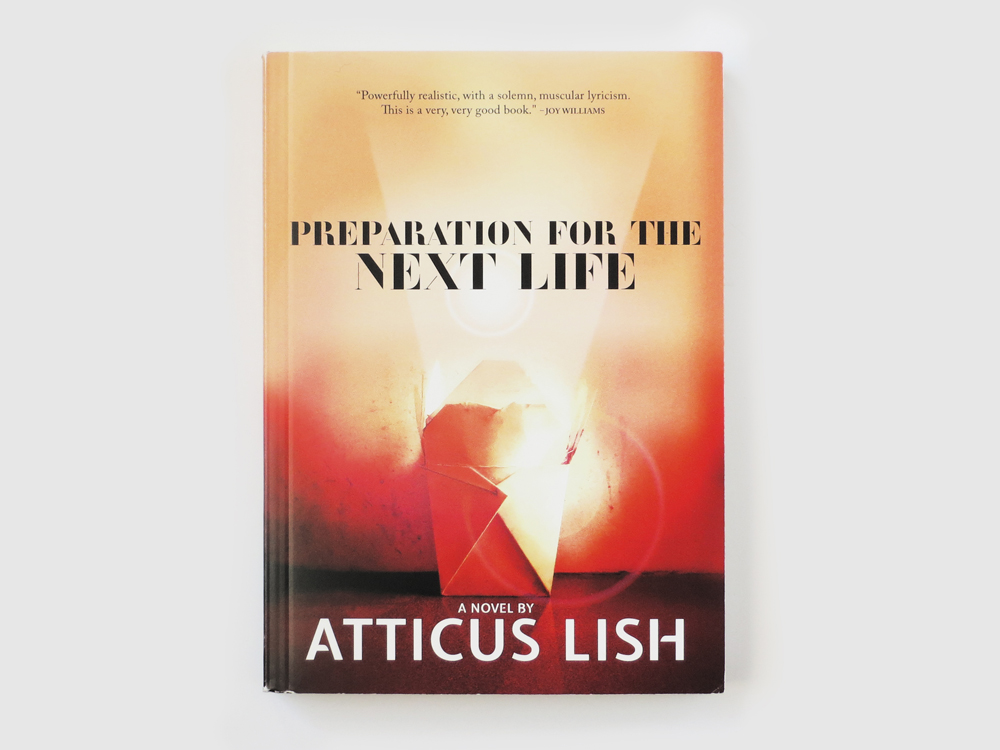
ATTICUS LISH'S DEBUT NOVEL
“Up to the self,” reads the definition of freedom in a Chinese-English dictionary belonging to Atticus Lish’s heroine Zou Lei. “The United States is a freedom country.”
Yet in Preparation for the Next Life, Lish’s tremendous first novel, the towers have already been struck from New York’s skyline, and the ideals of freedom are seemingly dead. The Patriot Act casts a menacing shadow on millions of immigrants, legal and illegal, light and dark skinned, living in the city’s margins. Abandoned by the government and their families, broken soldiers return from war only to seek drugs and snuff films. Lish presents a starkly realistic New York, a city of sweatshops, street markets, prison gangs, and immigrants, way off the end of the 7 train in Queens, where life at best is bleak. Zou Lei’s dictionary is old, and its definitions are outmoded, but she doesn’t know it yet.
Lish paints a grim picture, but his characters are doggedly optimistic, the product of an exhausted but resolute belief in the American dream and the hope that love will offer redemption. It’s the pursuit of freedom that drew Zou Lei away from the Uighur desert to life as an illegal immigrant in the steaming kitchens of Flushing. “Forget living like an American,” she thinks. “It was enough to be free and on the street.” It was in the name of freedom that Skinner, Lish’s hero, was dragged through three tours in Iraq and spit out onto the indifferent streets of midtown Manhattan. Later, she is his escape from his personal prison, the psychological hell of PTSD, and he is her reassurance of her own identity in a world forcing her to remain anonymous. They take comfort in each other as their situations grow more and more desperate.
This is a novel about love, but not a love that soars or transcends. It’s about love with utility, love as necessity, love as survival instinct. The love between Zou Lei and Skinner grows out of a shared interest in military training and bodybuilding, which provides some semblance of regularity in their chaotic and unpredictable world. They quickly learn that life without love is hopeless, yet they are also faced with the possibility that, in the face of such loneliness and isolation, it might not even be enough.
What shines in this book is Lish’s talent for depicting life in the fringes with vivid, often uncomfortable realism. In his muscular prose, he captures the swarming of a million hustlers in Queens and the cacophony of dozens of languages spoken at once. He has an ear for speech, particularly for the awkward rhythms of hybrid languages—mashups of English, Spanish, Chinese, and so on—the vernacular of modern America. Irish gangsters drop black slang, and the Cantonese attempt to adopt the American cadence: “Don’t ask me for nothing, right?…This is the life. You do the same to me. Don’t explain it, right? Just do it. America.” Lish is equally realistic about approaching race, fearlessly sketching out broad and recognizable conflicts between the white-dominated NYPD and those who look “anything like Arab” as well as smaller aggressions among immigrant groups (“The Chinese, they’re taking advantage of our religious freedoms. Why do you need thirteen churches on one block?”).
This book is timely and relevant, not only because of the refreshingly unsentimental love story at its core but also for its brutally frank examination of life in modern America. In a rare moment in which she allows herself to dream, Zou Lei imagines herself and Skinner “wearing sheath knives and cowboy hats and riding horses in a sun-filled land outside the reach of the authorities”—a fantasy, Lish confirms, belonging firmly to the next life.
Preparation for the Next Life is out now from Tyrant Books.
Yasmin Tayag is an editor, writer, and musician in New York. She is also the co-founder of SciArt Center.
